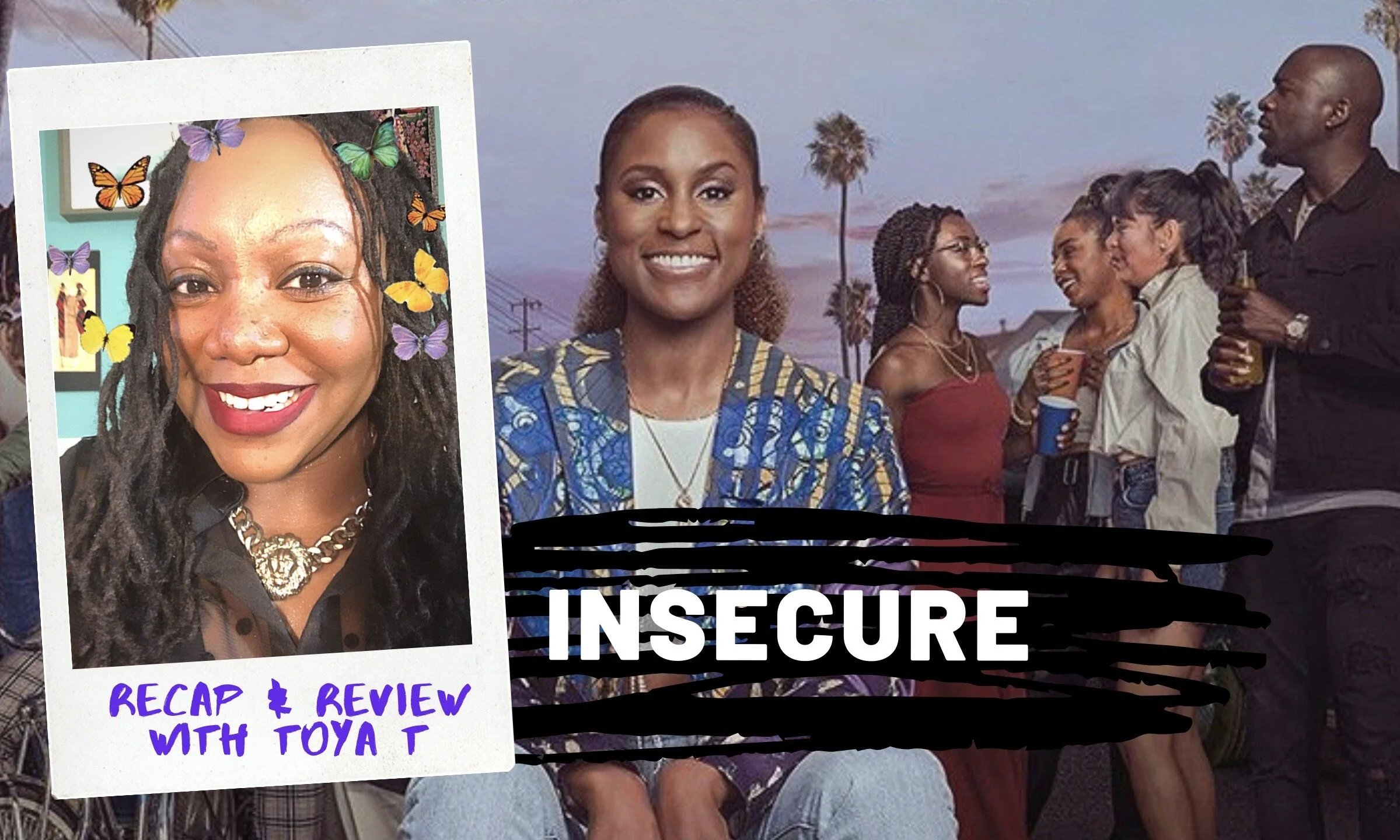Sometimes It's Okay To Cry At Work....
/
Most of my family and close friends know that I am a cryer. I cry at the movies, graduations, baby showers, funerals, weddings, family functions, and the election of the First black President of the United States. I am not an overly sensitive or emotional person. I don't cry if I bang my knee or cut my hand. I don't cry, if someone insults me or hurts my feelings (unless they are one of my parents or closest friends). I don't take any pleasure in crying in public or in private. I don't cry to get attention. Being known as the one that cries is extremely embarrassing. But, for as long as I can remember, I have always had a hard time holding back tears when I see others cry, in person and in movies/tv. I was the kid that cried when Little Foot's mother died in The Land Before Time or when Kevin saw his mother at the door on Christmas morning, after praying for her and his family to return. I cry when I see others cry and/or when I see others suffering and in pain.
From kindergarten, I became accustomed to the hot feeling behind my eyes when tears start to form. The feeling is as natural to me now as the feeling of stomach grumblings when I am hungry. As much children do, I learned that being seen as a cryer is not a good thing. The kids that cried when they bump their knee or was teased were seen as weak. They were the wimps and the crybabies. And I was too strong willed to labeled as one of those kids. So, I learned how to hold back my tears. I take deep breaths and start thinking about silly or mundane things to move my mind and my feelings away from the emotional or tense matter in front of me. I drink water. When those things don't work, I have learned how to mask my crying by acting as if something is in my eyes or as if my allergies are acting up. When I got to college and started taking course for my Psychology major, I realized that I was empathetic. Not to be confused with sympathy (because I do not shed one tear when a homeless person holds a sign stating their misfortunes), empathy is the ability to share and understand the feelings of others. Add on the fact that I am a thinker and habitual dweller, my empathetic heart goes into overload when I see someone in pain.
So, when one of my students started to tear up and eventually cry in my 8:30am Social Deviance class, during a discussion of labeling theory and mental illness, I felt that familiar burning feeling behind my eyes. But, instead of pretending my allergies were acting up, I let my tears fall and assured this student and the several other students,who bravely discussed their experiences with anxiety, depression, and mental illness, that I understood what they were feeling. It took me a few minutes to get my tears to stop falling. I engaged my "stop crying" techniques: wiped my eyes, drank water, and took a couple of moments to redirect my thoughts away from the stories my students shared and back to my lecture.
I never had an experience like that before in one of my classes. Crying in front of my students was never on my list of things to do in my life. But after it happened, I felt like God was giving me a wink telling me that I was exactly where I was supposed to be and I was given an empathetic heart to better help my students both inside and outside the classroom. Depression and anxiety is a real problem on college campuses that often gets brushed under the rug as exam-related temporary occurrences. But the truth is, there are more than 1000 suicide deaths on college campuses per year.* Since the 1950s, suicide has been the second leading cause of death for college students.**
I really care about both the well-being and the intellectual growth of my students. Thus, if crying in front of my class showed them that they could take me about any issues that they are dealing with, and prevent them from letting their issues turn into severe depression, anxiety, or suicide, then I am okay with being known as the person who now also cries during class lectures.
*inforetrieved from http://www.emorycaresforyou.emory.edu/resources/suicidestatistics.html
**info retrieved from http://www.nndc.org/perspectives-on-college-student-suicide/









